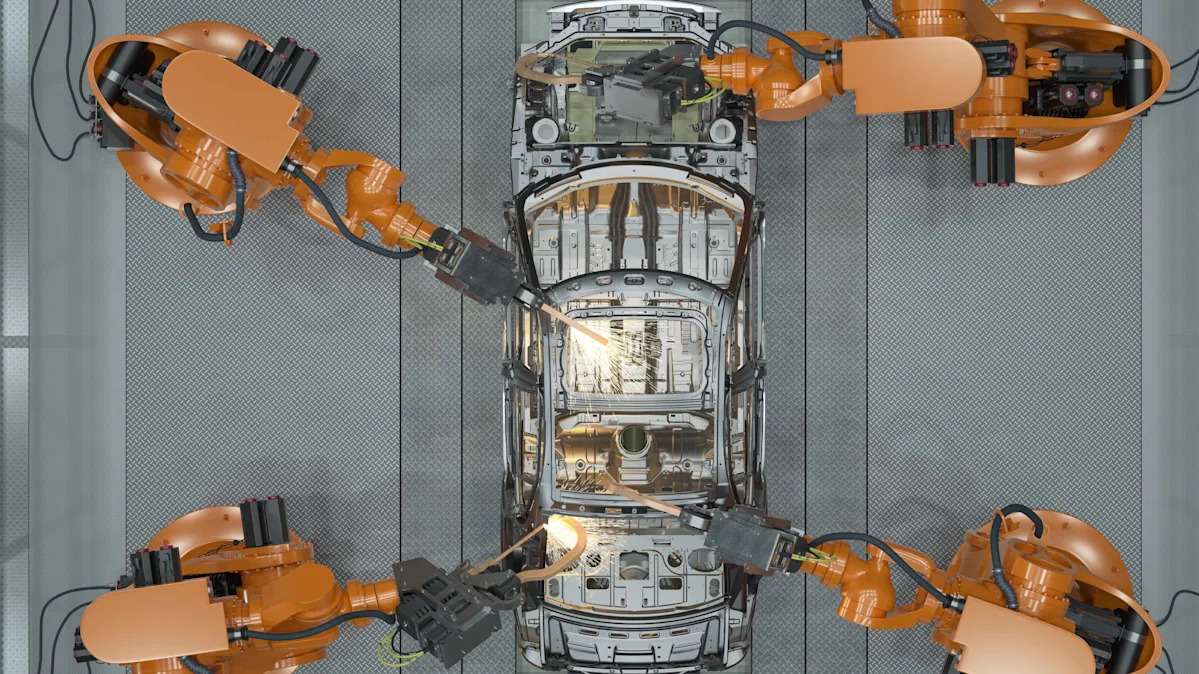Home / Business and Economy / Automakers Adapt to Tariffs and Pullback in EV Ambitions Amid Shifting Landscape
Automakers Adapt to Tariffs and Pullback in EV Ambitions Amid Shifting Landscape
11 Nov
Summary
- Automakers absorb tariff costs, avoid passing them to consumers
- EV sales decline as federal tax credit ends, slower adoption expected
- Automakers scale back CAPEX plans for EVs amid weaker-than-expected demand

As the auto sector navigates a shifting landscape, automakers have demonstrated resilience in handling tariff challenges. According to analysts, major players like Ford and GM have largely been able to absorb the initial tariff impacts through supply chain mitigation and operational streamlining over the past decade. This has allowed them to avoid passing on the increased costs to consumers.
However, the industry is now facing a slowdown in EV adoption, particularly in the US market. Analysts note that the early adopters of electric vehicles have largely made their purchases, and the second wave of buyers has not materialized as expected. With the $7,500 federal tax credit for EVs set to expire, the natural appetite for these vehicles is expected to be tested in the coming months. Automakers have already seen a decline in EV sales as a percentage of total US sales in October, and they are now scaling back their CAPEX plans for electrification, anticipating a more gradual ramp-up in demand.
Despite these headwinds, the automakers remain confident in their ability to handle any challenges that come their way. They have weathered various complications over the years and believe they can continue to navigate the evolving market dynamics.




